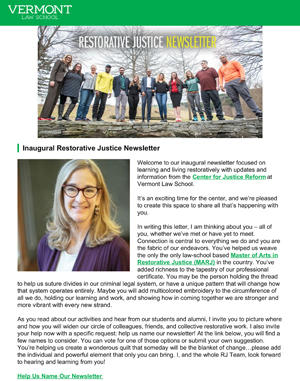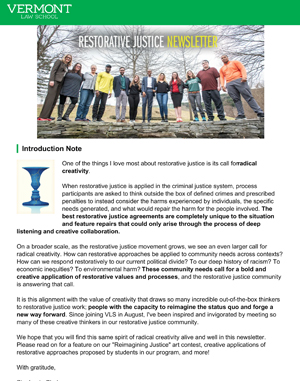A 2006 local conditional use permit granted to Robinson Power Company, LLC (RPC) for the proposed construction of a 272-megawatt waste coal power plant was unanimously struck down Monday by the Robinson Township Board of Supervisors of Washington County, Penn.
The board approved a new conditional use permit that reflects the concerns of local residents and environmental groups over the impacts to air and water quality associated with power plants. Instead of the original waste coal power plant proposed, RPC is instead seeking to build one 150-MW natural gas plant and one 150-MW waste coal plant. Neither has received final approval from the board.
The new conditional use permit includes 55 conditions and the board retained the authority to revoke the permit if RPC violates any of a number of the conditions. For the first time, the board is requiring quarterly monitoring for six dangerous air pollutants at the fence line of the property and additional groundwater sampling of potentially impacted areas.
The decision comes after months of hearings on RPC's application to modify the 2006 permit to add natural gas as a fuel source for the power plant. The Environmental Integrity Project (EIP), local community group Residents Against the Power Plant (RAPP) and the Environmental and Natural Resources Law Clinic (ENRLC) from the Vermont Law School challenged RPC's application. They argued RPC was proposing an entirely new project that required the board to take a fresh look. The 2006 decision, they argued, was based on facts that are no longer valid, including a state air quality permit that had been revoked in 2010 and no longer applied to RPC's new plans.
The group also presented the board with documents showing decades of violations at the 600-acre waste coal site where RPC proposed burying coal ash from the power plant, including a recent release of contaminated sediment that fouled a creek more than half a mile downstream from where the facility is permitted to discharge treated wastewater.
Instead of modifying just one of the conditions, as sought by the RPC, the board voted instead to nullify the 2006 permit and issue a new permit with provisions for local accountability and more protections for public health.
Cathy Lodge and other members of RAPP have long argued that the plant would cause harm to their families' health, land, water and animals. "We moved to the country so our children could grow up on land free from pollution, not across the street from a power plant. I see the new conditional use permit as an important first step in providing more protections for my family and community."
Lisa Widawsky Hallowell, an attorney with EIP, said: "This is how the process is supposed to work. The citizens showed up and presented their health and environmental concerns to the board and those concerns were taken seriously enough that the Board took back RPC's prior approval. We will continue to fight to keep dirty new pollution sources out of this community and all of western Pennsylvania and to hold polluters accountable to environmental laws."
For years, the proposed Beech Hollow waste coal power plant has been a contentious issue for residents near the proposed site. The project has been rife with permitting problems, ongoing pollution concerns and a lack of transparency of exactly what would be constructed and operated. Lisa Graves-Marcucci, PA outreach coordinator for EIP, said: "It's always been about health protections. Since 2005, the citizens and I have been working for more accountability to protect the people of the neighboring communities. This board has taken important steps to include health as a major priority."
In the previous 2006 permit fight, the board blocked some citizens from participating in the public hearing, but this time the board included all who wanted to speak and all facts presented.
Ken Rumelt, staff attorney with the ENRLC, said: "The board heard all the evidence and decided they couldn't simply rubber stamp this project. The board has put everyone on notice that this community takes its health and welfare very seriously and is not going to allow anyone to come in and put their well-being at risk."
More information available from:
- Lisa Hallowell, attorney, EIP: lhallowell@environmentalintegrity.org, (202) 294-3282
- Ken Rumelt, staff attorney, ENRLC: krumelt@vermontlaw.edu, (802) 831-1630
- Lisa Graves-Marcucci, coordinator of PA community organizing, EIP: lgmarcucci@environmentalintegrity.org, (412) 897-0569


















